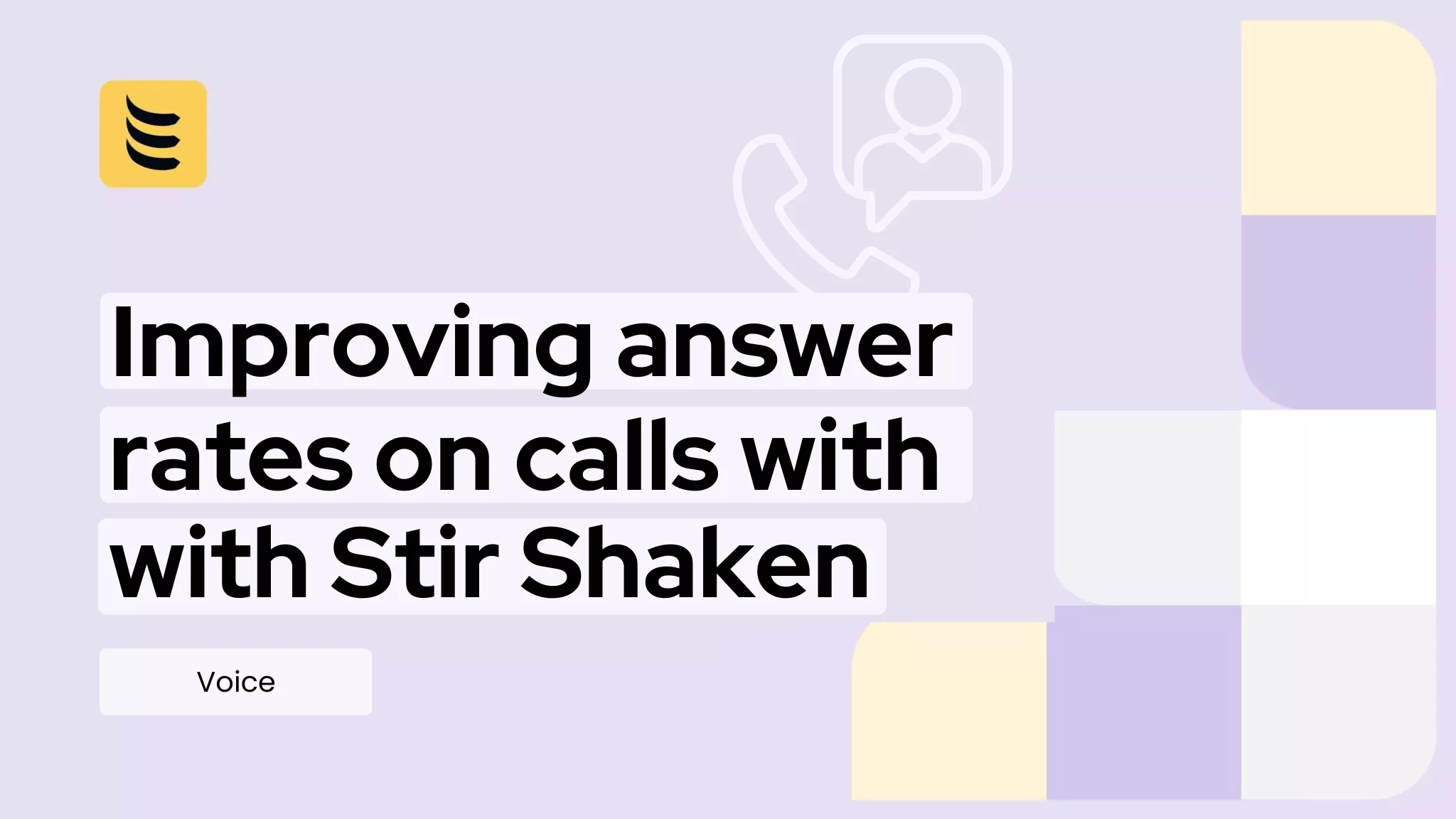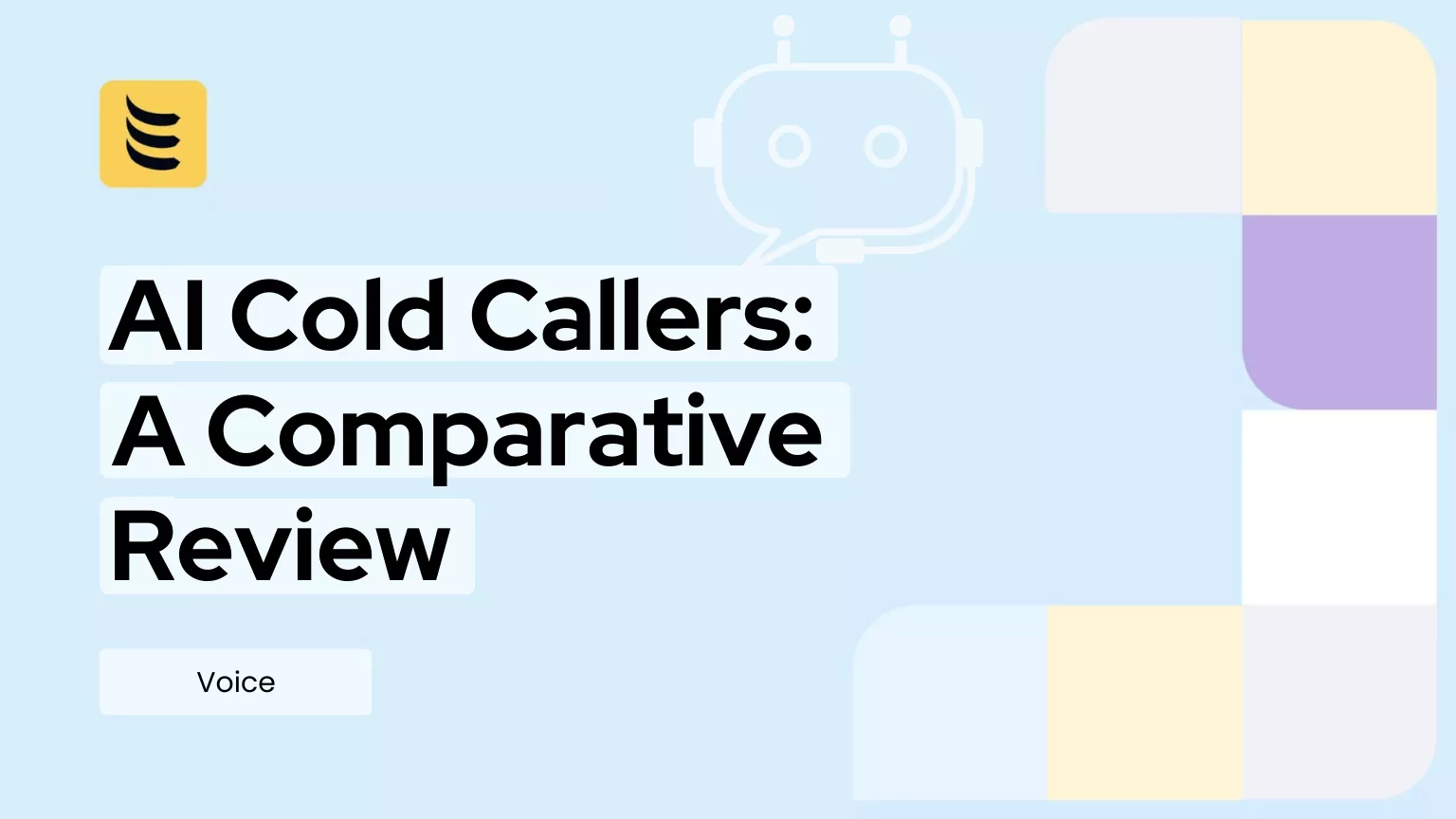With modern technology accompanies current VoIP systems, recording calls is easier than ever. There are many good reasons for recording calls, such as for staff training, but there is an ethical dimension to consider. Your customers and staff are entitled to a certain level of privacy when it comes to handling their data and these rights must be respected. Firms that fail to manage this correctly may find themselves in a difficult legal situation.
Transparent disclosure of recording activity in conjunction with informed consent are both vital, and it is extremely important that any business intending to record calls knows what its responsibilities and rights are.
Record and learn
With a flexible VoIP package, it is easy to incorporate recording capabilities for all customer interactions. The recordings can be further processed and turned into transcripts, which are not only useful records of discussions that took place but also provide opportunities for staff to analyse what was good or bad about a conversation.
Were a dispute to arise from interacting with a client, transcripts of how the issues were handled could play a vital part in setting the matter quickly and easily, especially if a minor misunderstanding was the cause of the problem. Allowing staff to examine real-life situations where difficult clients were managed, or problems were resolved can be far more effective as training tools than abstract scenarios.
Ethics and the law
Ethical issues must, however, be taken into consideration when recording calls, as for some people call recording seems to suggest spying and may alarm them. Call recording can also be seen as an intrusive activity. It is essential to tell clients that their conversations may be recorded.
In dealing with many larger organisations which process calls through pre-recorded options, there is routinely an announcement stating that calls may be recorded for staff training and monitoring quality. In general, customers are far more open to call recording when firms are wholly transparent about carrying out the recording.
Ofcom
From a legal perspective, there are several factors to bear in mind. Ofcom, the UK business and consumer telecoms watchdog, states that when recording calls, all reasonable efforts should be made to inform clients that calls may be recorded or monitored in some way.
According to Ofcom, it is possible to inform clients that calls may be recorded in a number of ways, from written statements, inclusion in terms and conditions, announcements or pre-recorded messages. There are a number of specific laws in the UK which govern how calls should be recorded. These include the 1998 Data Protection Act and the Human Rights Acts.
GDPR
In general, it is deemed acceptable to record calls for the purposes of evaluating service, training staff, meeting compliance conditions, providing evidence of a business transaction, or detecting and preventing fraud. The General Data Protection Regulations, or GDPR, which came into effect last year, also cover recording calls. When recording is required to satisfy compliance or to protect someone’s interests, then it is generally deemed acceptable. However, this can be a complex area and expert advice may be a good idea.
MiFID
In accordance with regulations introduced by the FCA and effective from March 2009, firms must record all telephone conversations, in addition to electronic communications relating to client orders for bond, equity, and derivatives markets. These files must be retained for a minimum of six months.
The regulations from the FCA were introduced to align the UK markets with an EU review, the Markets in Financial Instruments Directive (MiFID). This included the addition of the recording requirement which is a key element in ongoing FCA efforts to address market abuse including manipulation and insider trading.
The right VoIP choice
In selecting a VoIP package for your business, call recording and pre-recorded messages are facilities which can easily be integrated for easy use. There are also many other features that can be incorporated into a VoIP system, such as bespoke security solutions, teleconferencing and individual logins for staff so that they can access the system from wherever they are in the world, provided that they have access to an internet connection.
If you have a business that communicates frequently with customers abroad, particularly in developing countries, then you will want to take advantage of wholesale VoIP termination rates and the cost savings that these deliver. While VoIP to VoIP calls cost almost nothing, calling a number in a developing country may terminate at a mobile or on a telecoms network that charges a premium for providing this service.
A supplier such as IDT has an extensive and established global network of carriers which means that we can offer the most competitive rates to our clients.




